On July 6, 2019, the Walden Woods Project, the National Park Service, the E.O. Wilson Biodiversity Foundation and Peter Alden hosted the 2019 Great Walden BioBlitz, where hundreds of taxonomic specialists, students, families, and other members of the community made more than 4,000 species observations of 1,100 different species.
As a guest of honor and in celebration of his 90th birthday, E.O. Wilson took part in the BioBlitz and other activities throughout the day, engaging with individuals, small groups, and with the gathering at large.
“The incorporation of your data into the encyclopedia of diversity of life and the actions then that can be taken piece by piece and the maps that can be drawn,” Wilson said to the gathering. “Piece by piece, sliver by sliver, section by section that will add up to what has come to be the generally regarded goal of one-half for nature and one-half for us so that both may survive in glory and peace indefinitely.”
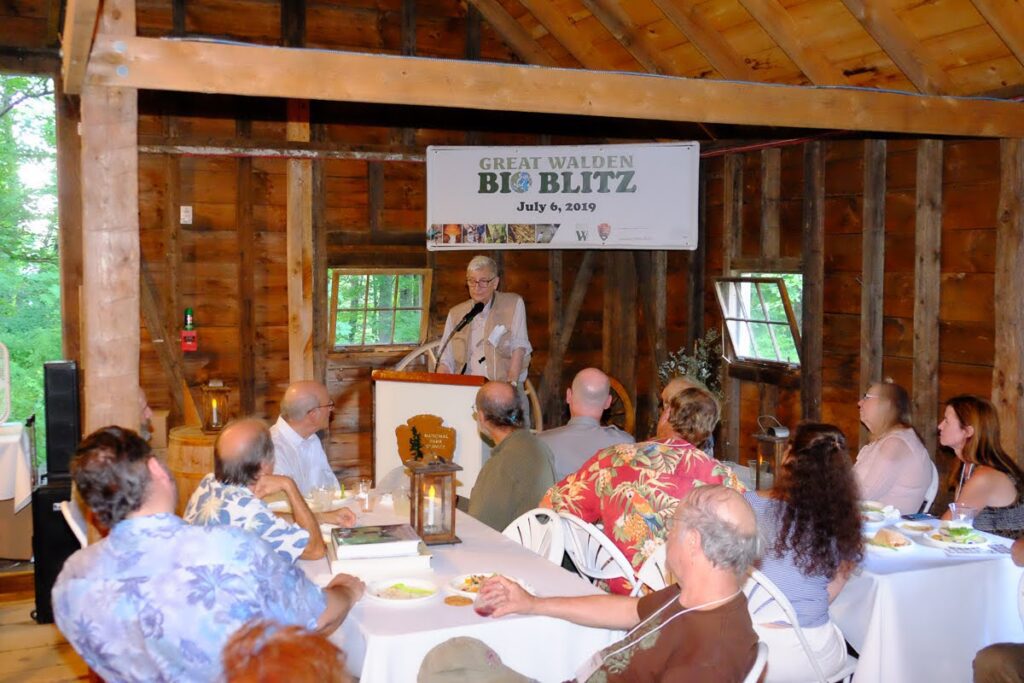

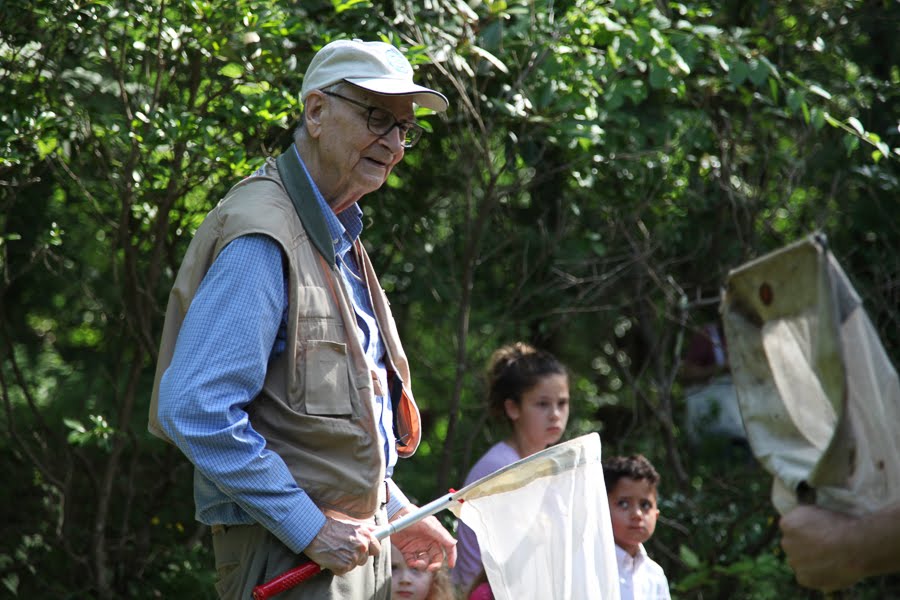

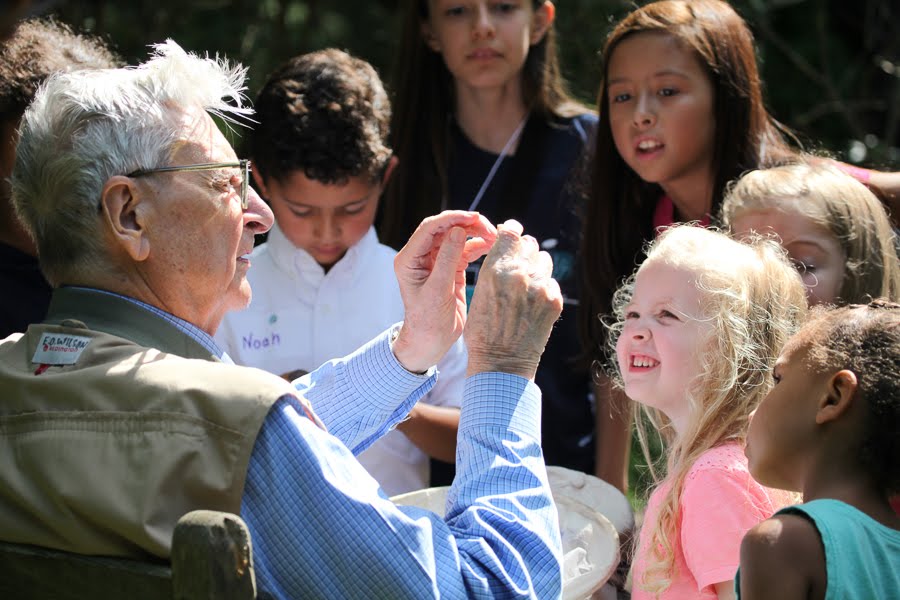

“[The BioBlitz] was a revolution in the way of gathering scientific data of necessary importance in the struggle just beginning in a visible manner to save the remaining biological diversity present still on this planet,” Wilson said. “But it was also a revolution in engaging the maximum number possible of people interested in natural history but perhaps reluctant to take the kind of scientific studies and necessary rigor of species identification, of biogeny, of naming new species and so on, which is endemic to the scientific study of biodiversity.”
E.O. Wilson
Walden Woods
Walden Woods was made famous by Henry David Thoreau, who spent much of his life walking through the woods and fields of Concord – especially Walden Woods – and the surrounding towns. His habits of observation and journaling led to some of the most profound revelations and ideas about conservation and preservation of our common inheritance – the land, its forests, plants and animals, and its very wildness. It was Thoreau’s essays inspired John Muir’s work to convince President Roosevelt to establish the National Park System.
Located about 20 miles from Boston, Walden Woods is a distinctive area of glacial origin. Walden Woods is a bit of an anomaly on the landscape – pitch pines dominate in pockets over exceptionally sandy soils left behind by the retreating ice at the end of the Wisconsin glaciation. Unusual environmental conditions can lead to unusual wildlife and plant species compositions, and there is perennial interest in understanding the dynamics of species in this area.
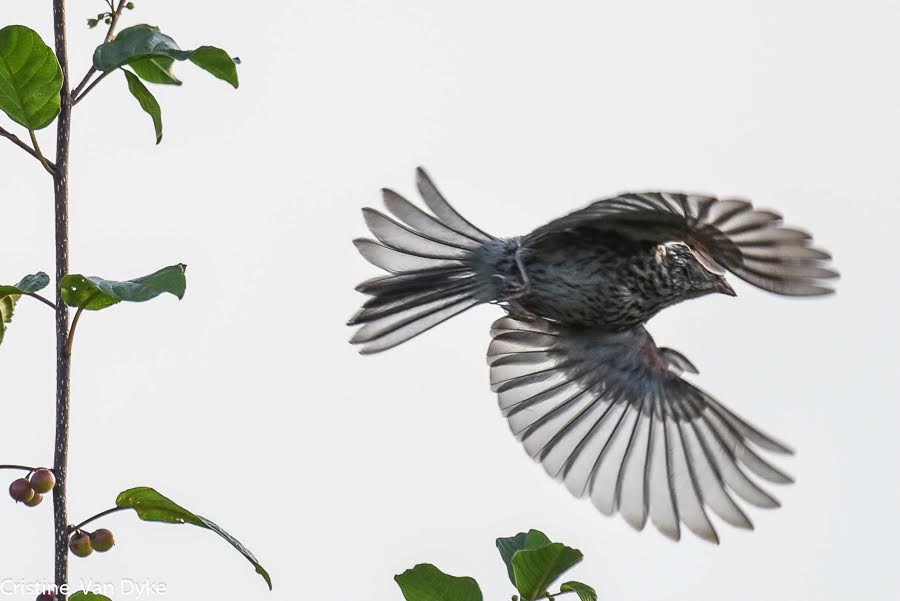

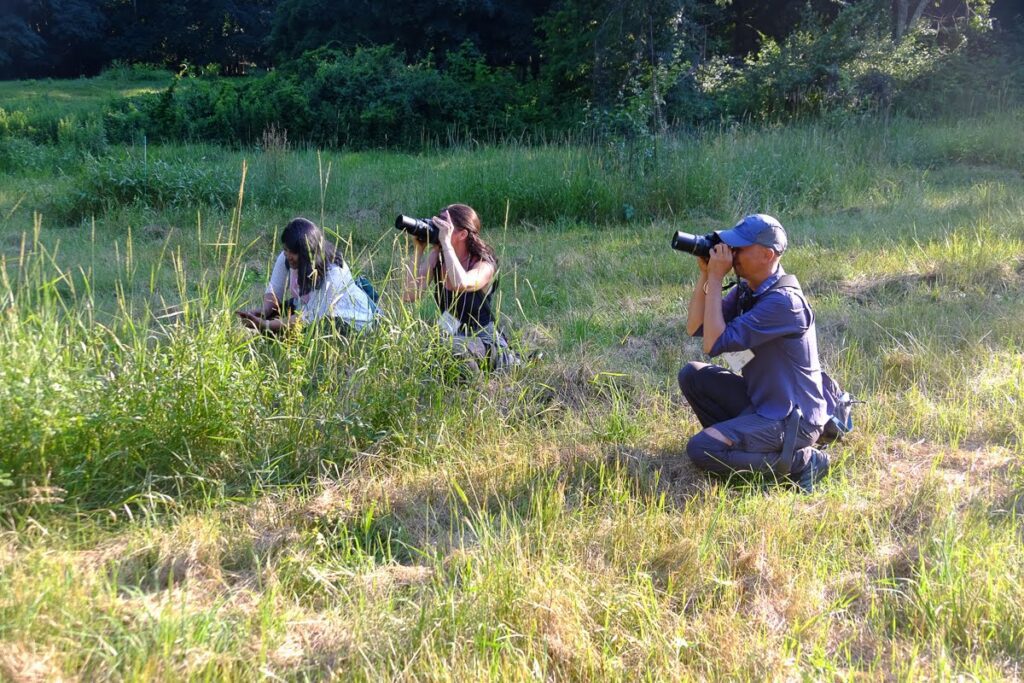

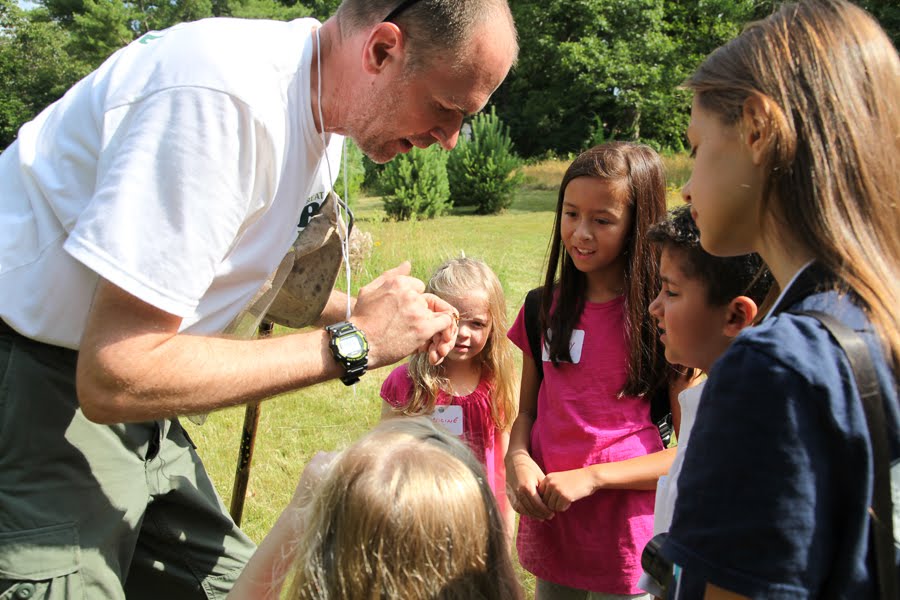

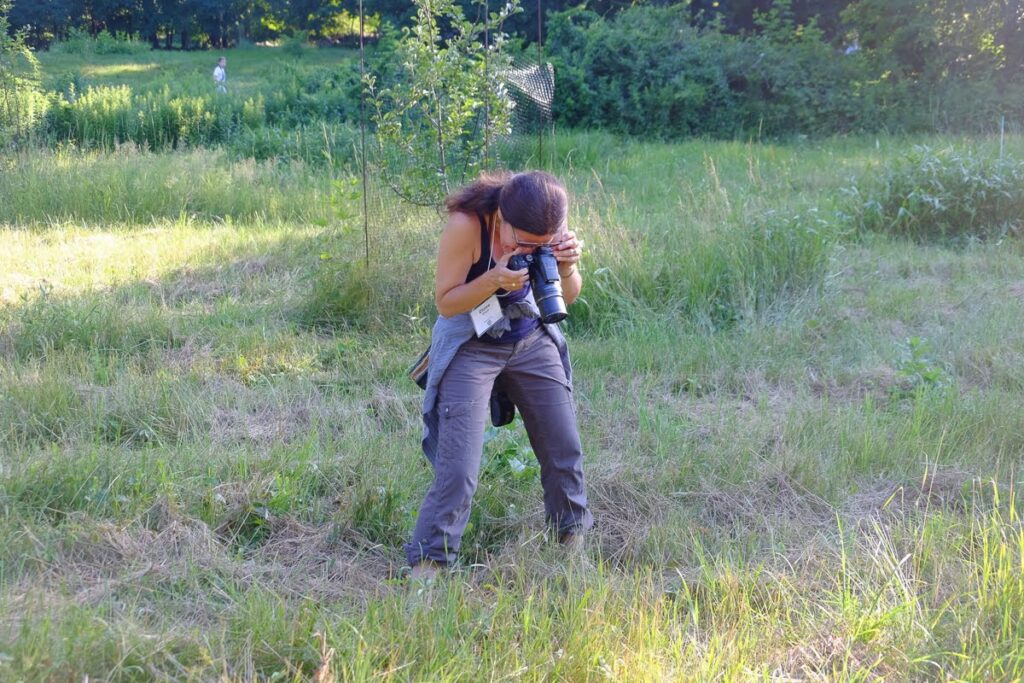

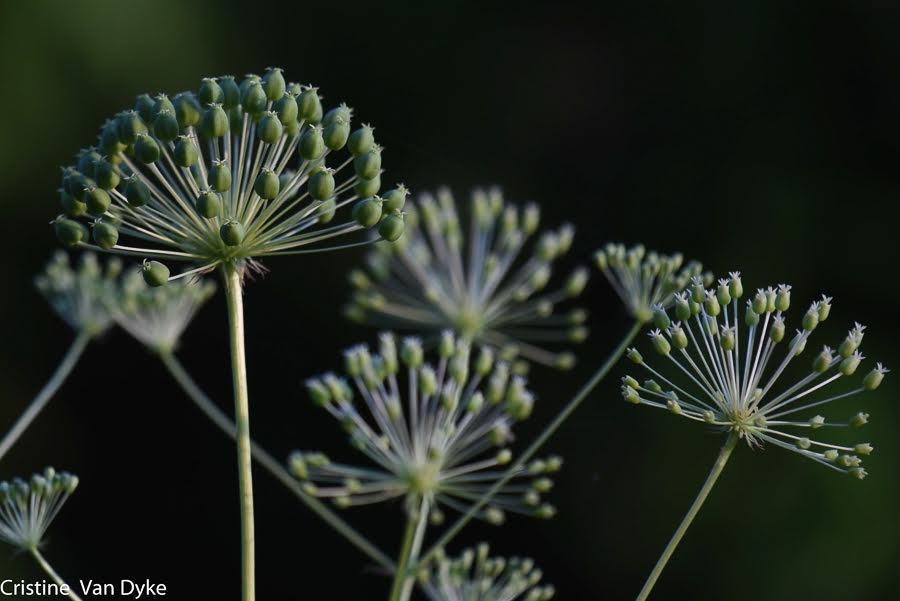

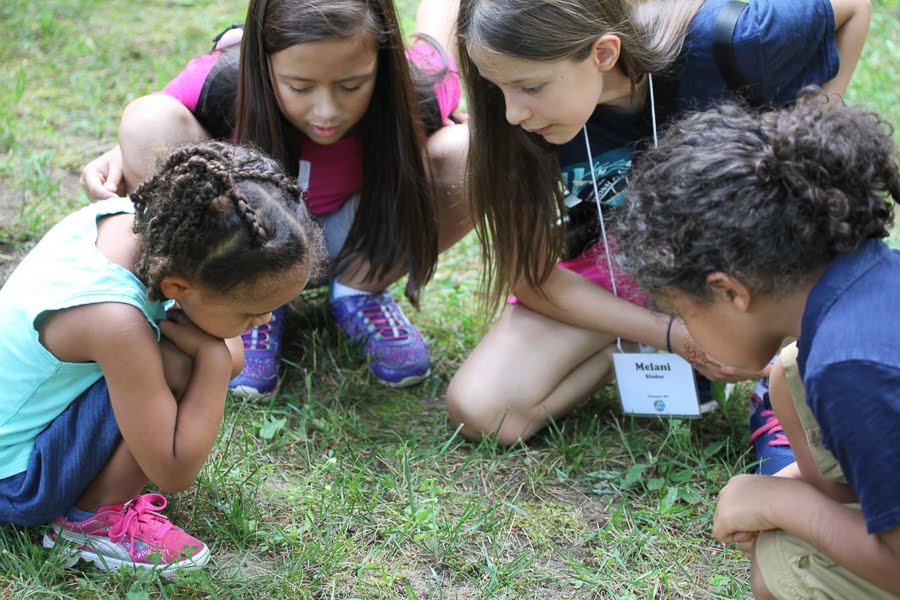

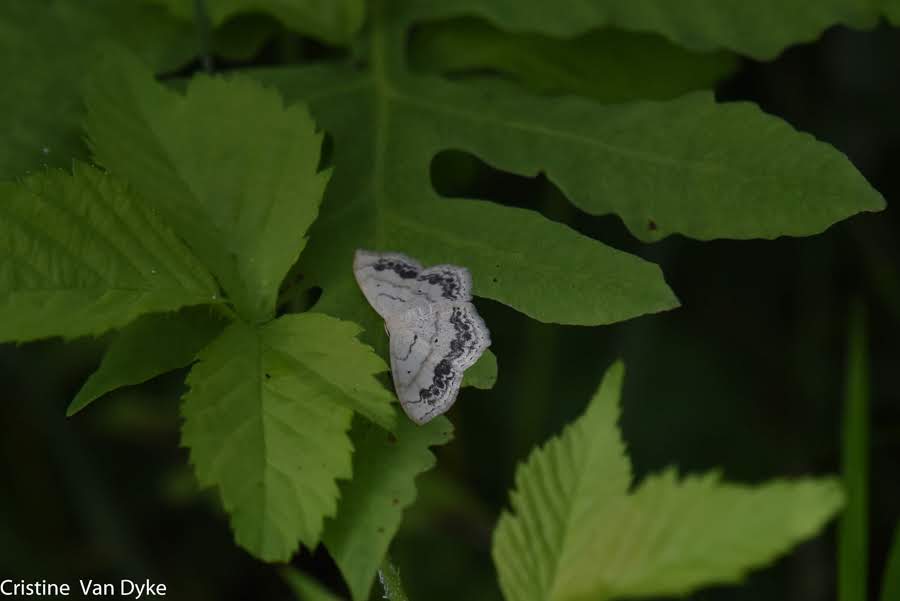

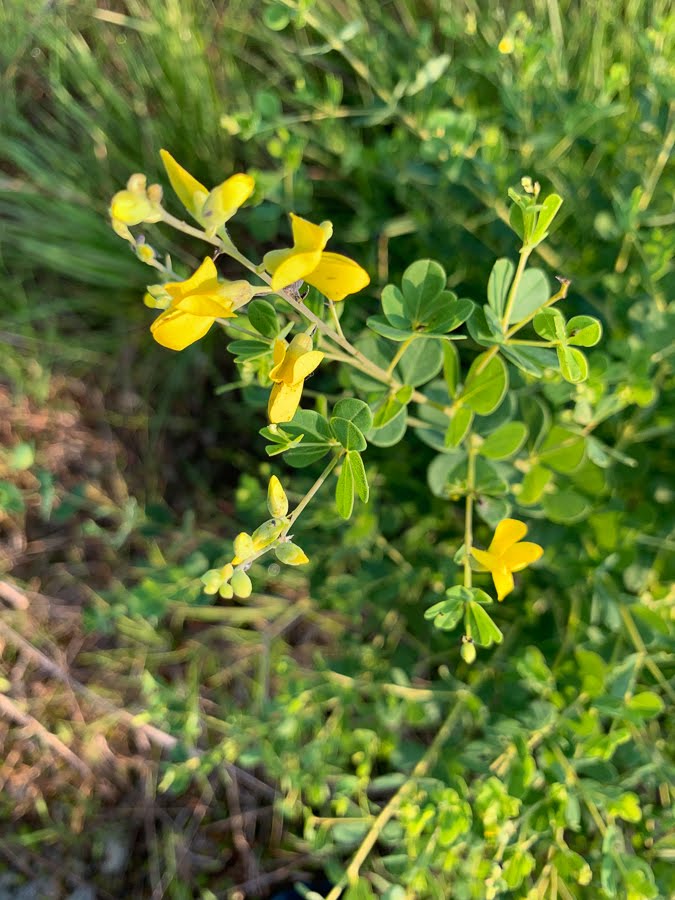

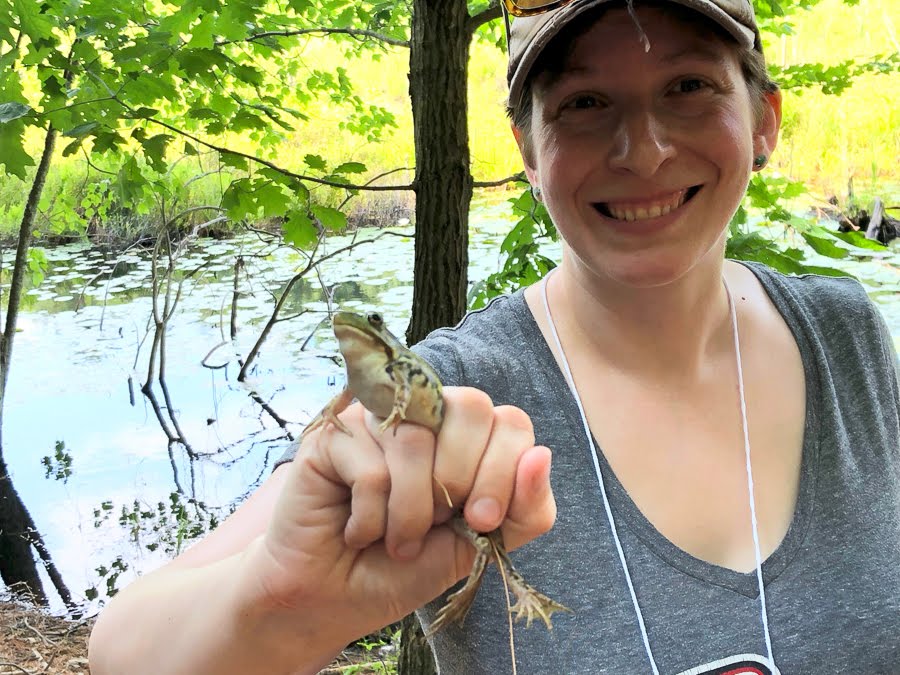

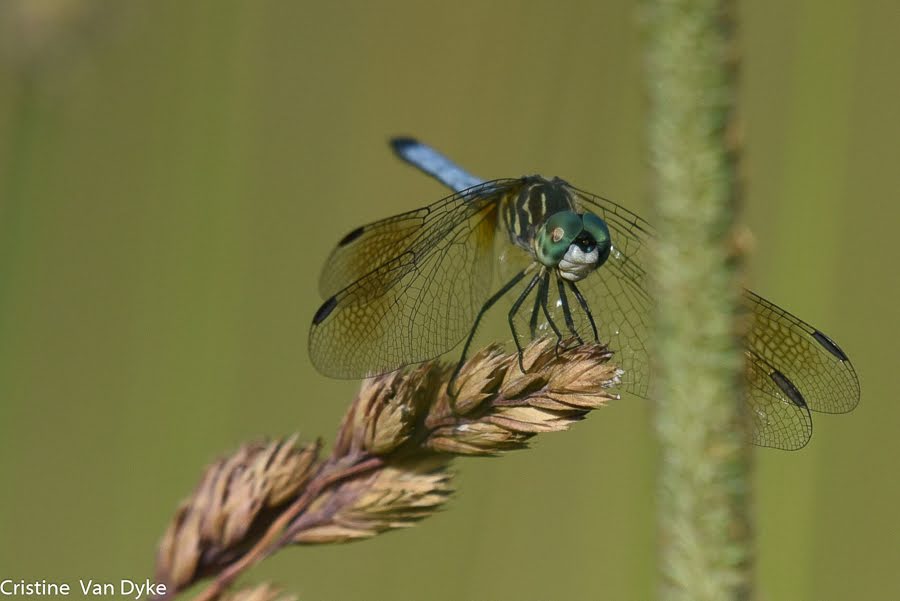

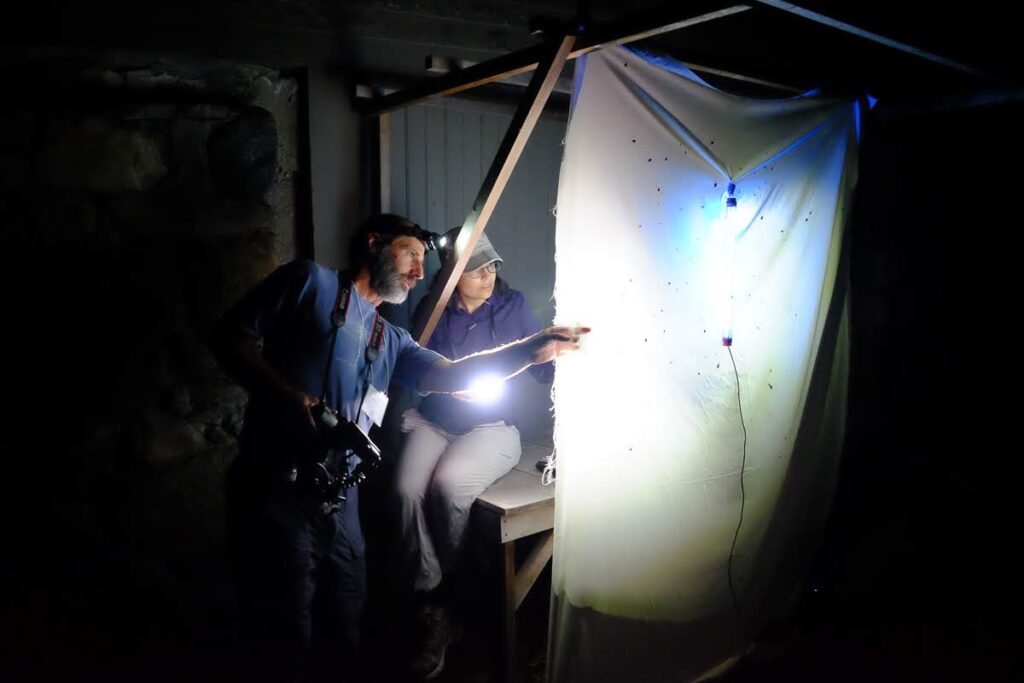

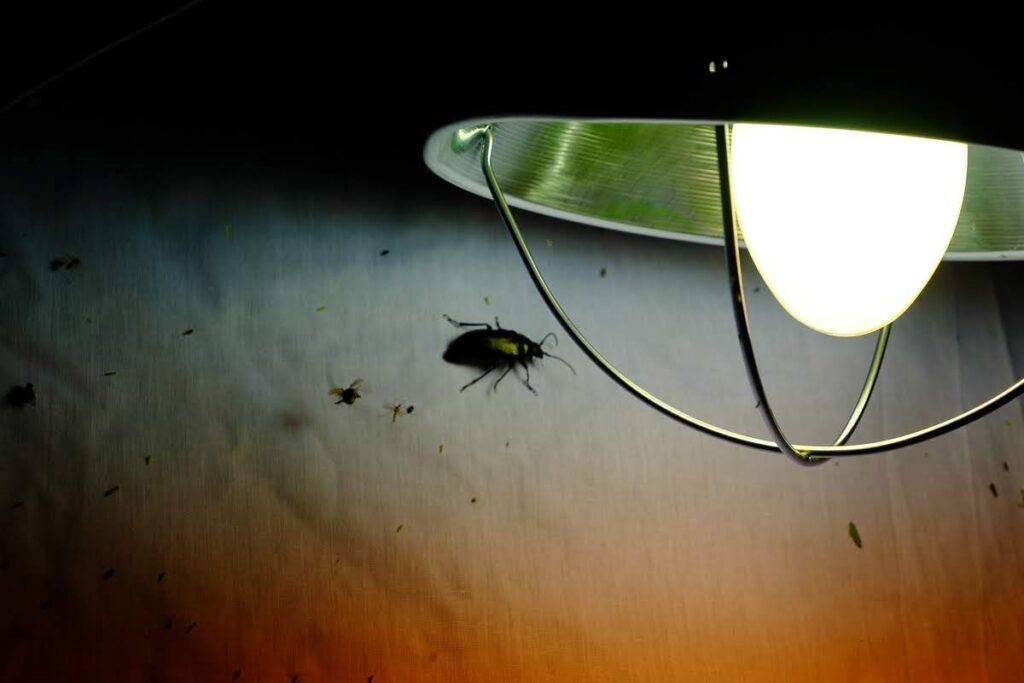

“It has come to pass that the data that you and others who have participated in biodiversity BioBlitzes here and now increasingly around the world have served more and more as both a motivation to save biodiversity and to create the database the scientists need in order to know how to effectively act in preserving most of it.”
E.O. Wilson
“This is their time.”
A theme of Wilson’s remarks, and of the Great Walden BioBlitz, was the leadership role the next generation will take in ensuring the health of our planet.
“And so I come to our young people who I have been talking to most of the day. A lot of you are considering careers in science and technology. You’ve been warned that you have to go through a kind of triathlon of math and physics and chemistry and quantitative biology in order to be sure of a career within biology. And I assure you that that is wrong,” Wilson said.
“The future scientists of the world who will help save biodiversity by creating the disciplines that compose it and making the rapid advances and often radical advances in thinking that will make this increasingly feasible, that this is going to be based on a wholly different way of recruiting and training biologist, and it will be essential, I’m certain, of encouraging them, not that they’re going to have to go through the STEM torcher chamber.”
“They should be empowered, now, they should be scientists right away. And how can that be done? That’s what you’re doing, right here, in bringing young people and engaging them. And so this is to me the great significance of what Peter started with one of his wild ideas back in the 1990s.”
“We are about to embark on a half-century in which the fate of the Earth’s living world is going to be determined. This is a unique period we’re in. And it’s a period where the next big thing in science is going to be the understanding of biodiversity including a field that is wide open for young people who want to be pioneers in basic science — that’s the study of ecosystems.”
E.O. Wilson

